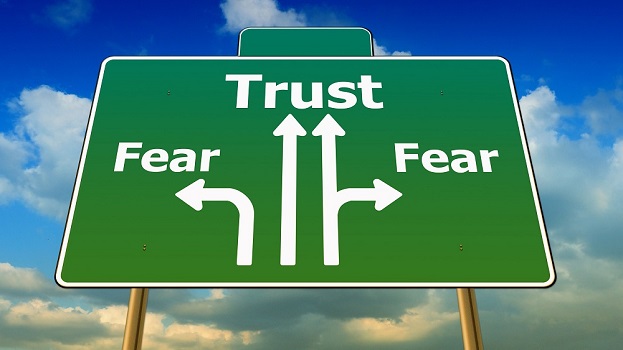A concept called psychological safety can help us understand why we may not feel able to bring up health and safety concerns in the workplace.

We asked leadership and team development consultant Rosa Carrillo about the right conditions for speaking up in the workplace. She explained what psychological safety means and how relationships play a key role in creating the trust necessary for it to happen.

What is psychological safety?
The term psychological safety describes the condition that needs to exist in the workplace for people to speak out or admit a mistake without fear of losing face.
Does it have roots in the past?
Yes. In fact, our hunter-gatherer ancestors had to worry about how they were perceived because it had life or death consequences. Thousands of years ago, our anxiety about social interaction had a survival purpose. For example, the fear of ostracism was connected to the fear of being cast out from the tribe and dying as a result.
Today, we can still get caught in that fight, freeze or flight mode and it can affect our decisions. We might be hesitant to tell the boss we need more time to do a job, so we rush to finish. Later, when things go wrong, we find out we could have got an extension.
Can policies or training create the right conditions for people to speak up?
No. Getting people to speak up to power or approach a peer doing a job unsafely is not going to happen through policies or training. Leaders are the only ones who can change the system by setting up expectations for both speaking up and valuing other perspectives.
What does the neuroscience say?
It says that the human need for relationship, belonging and inclusion is as strong as the need for food and shelter. Scientists can see from brain scans that our brains perceive being socially isolated as a threat to life. Our need to belong and be accepted is so strong that we will hide our real thoughts, feelings or needs. Traditionally, we call this ‘saving face’.
What does ‘saving face’ mean in terms of workplace behaviours?
We do it for ourselves when we don’t ask a question because everyone else in the room seems to know what something means. We also do it for others when we don’t question them if we think they are making a mistake. We don’t want to embarrass them. This is also a big reason some people retaliate or get angry when they are told about a mistake. Their natural instinct is to feel a loss of face that could threaten their standing in the community.
Is our need to save face necessarily a problem?
Yes. The need to save face is a response to mistrust and fear of retaliation. This drives people to hide information and prevents important safety lessons from being learned from mistakes, close calls or near misses.
Could the quality of relationships hold the key to speaking up?
Yes. People rely on them for validation, emotional support and ultimately, survival. It is in the context of relationships that listening takes place. People can tell when you’re not listening to them. But by listening well, people know that you respect them. It is in these conditions that they feel most able to speak up – that is important and counts for something.
Raise a concern confidentially
Find out more
Why kindness and psychological safety may be the foundation of good teams
Psychological safety in practice (with link to webinar)
Building a speak-up culture (with link to webinar)
